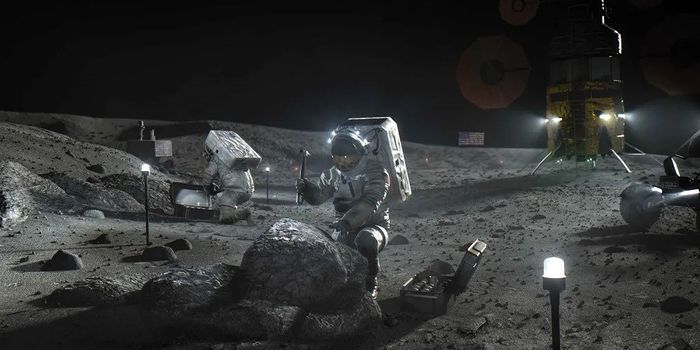AI won't put you out of a job, says one study
A team of researchers at the University of Rochester and Johns Hopkins Carey Business School recently published a study addressing a concern among many white-collar workers: whether artificial intelligence (AI) will put them out of a job. Their results show that AI has a complicated relationship with white collar and knowledge works, though it probably won’t put you out of a job. The new study is published in a recent article published in Management Science.
Since the rapid emergence of AI tools, most notably ChatGPT, these novel technologies are permeating various sectors of white collar and knowledge-work sectors, leaving many wondering whether these tools with actually put them out of a job. Take writing, for example. Tools like ChatGPT, for example, seem completely capable, at first glance, of providing flawless, polished, well-executed writing, leaving many who work as writers wondering if or when AI might replace them.
The study published in Management Science, however, takes a slightly different look at the relationship between workers and AI, looking in particular at the relationship between workers with different levels of experience and AI. Specifically, researchers studied the connection between workers with a very narrow amount of experience to perform a specific task and workers with broader experience that they have earned through many years working in their field. The team had designed an experiment where they created an AI-based solution for medical coding and studied the way worker experience affects the ways the interact with and approach working with AI.
What the team found was more contradictory than they (or we) might have thought. The idea that someone with less work experience might benefit more from AI was incorrect–it actually provided more benefit for more experienced workers. But to make things even more interesting, researchers also found that while more experienced workers might benefit from AI, they actually get less from AI compared to their less experienced colleagues.
Researchers suggest that this comes down to the way experience can help employee’s think more critically: while they have skills to make the most use of AI tools, they are also leerier of AI and its flaws because of their ability to think more critically.
These insights offer productive insights for business leaders seeking to introduce AI in productive ways to their workplace, underscoring that AI isn’t something that can easily be subbed in for a human worker.
Sources: Science Daily; Management Science








